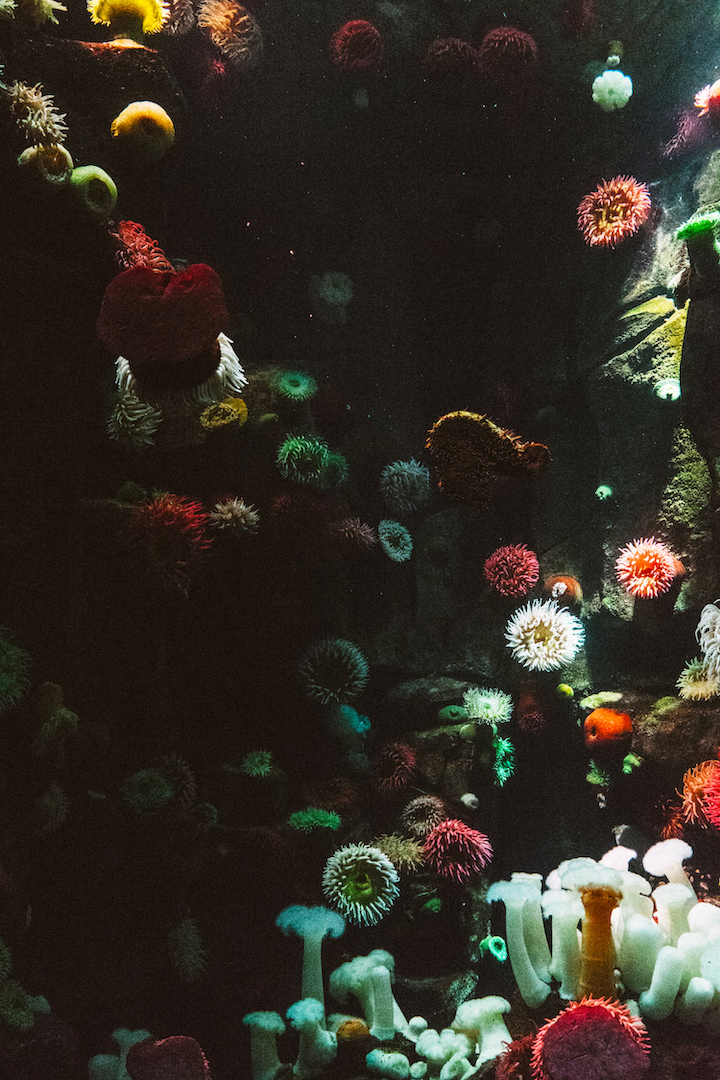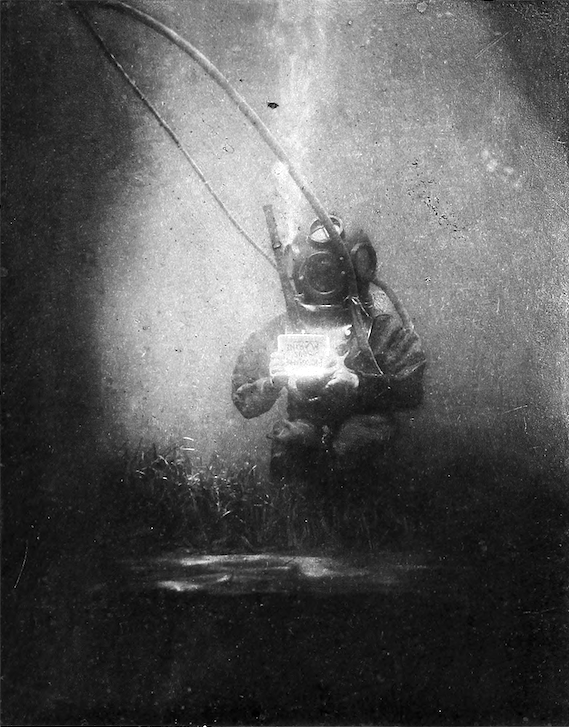Beyond the Terrestrial.
Climate Change and the Blue Humanities
It is fitting, however, to think of the pelagic and abyssal seas—so rarely thought—as zones that compress, transform, unmoor, or render paradoxical the scales of time and distance, the taxonomies, and other conceptual navigation systems that work on land.1

BEYT is a Cambridge AHRC-DTP Research Group on Blue Humanities approaches to climate and its changes. Currently, we hold monthly reading group meetings on various themes around oceans and environmental change.
Session 1: What are oceans? (January 2021)
Readings
- Alaimo, S. (2017) “The Anthropocene at Sea. Temporality, paradox, compression.” In The Routledge Companion to the Environmental Humanities, (Eds, Heise, U.K., Christensen, J. & Niemann, M.) Routledge, London/New York, NY, pp. 153-162.
- Helmreich, S. (2011) “Nature/culture/seawater.” American Anthropologist, 113, 132-144.
- Mentz, S. (2018) “Blue Humanities.” In Posthuman Glossary, (Eds, Braidotti, R. & Hlavajova, M.) Bloomsbury Academic, London/New York, NY, pp. 69-72.
- Mentz, S. (2019) “Experience Is Better than Knowledge: Premodern Ocean Science and the Blue Humanities.” Configurations, 27, 433-442.
Further readings
- Aranda, J. & Kirksey, E. (2020) “Toward a Glossary of the Oceanic Undead: A(mphibious) through F(utures).” e-flux, 112, 0.
- Bastian, M. (2020) “Whale Falls, Suspended Ground, and Extinctions Never Known.” Environmental Humanities, 12, 454-474.
- Billé, F. (Ed.) (2020) Voluminous States. Duke University Press, Durham, NC/London.
- Hessler, S. (Ed.) (2018) Tidalectics. Imagining an Oceanic Worldview through Art and Science . MIT Press, Cambridge, MA.
- Imbler, S. (2020) “Could Listening to the Deep Sea Help Save It? In the abyss, everyone can hear you scream.” The New York Times.
- Lehman, J. (2020) “Sea Change: The World Ocean Circulation Experiment and the Productive Limits of Ocean Variability.” Science, Technology, & Human Values, 0.
- Povinelli, E.A. (2020) “The Ancestral Present of Oceanic Illusions: Connected and Differentiated in Late Toxic Liberalism.” e-flux, 112, 0.

Session 2: Knowing oceans (February 2021)
Readings
- Crockford, S. (2020) “Ocean Thinking: The Work of Ocean Sciences, Scientists, and Technologies in Producing the Sea as Space.” Environment and Society, 11, 64-81.
- Laloë, A.-F. (2014) “‘Plenty of Weeds & Penguins’: Charting Oceanic Knowledge.” In Water Worlds: Human Geographies of the Ocean, (Eds, Anderson, J. & Peters, K.) Ashgate, pp. 39-50.
- Jue, M. (2020) “Introduction: Thinking through Seawater.” In Wild Blue Media, Duke University Press, Durham, NC, pp. 1-33.
Further readings
- Reid, S. (2018) “Science and culture: Transitioning currents in times of climate change.” In Living with the sea: Knowledge, awareness and action, (Eds, Brown, M. & Peters, K.) Routledge, pp. 114-127.

Session 3: More-than-oceans (March 2021)
Readings
- Peters, K., & Steinberg, P. (2019). The ocean in excess: Towards a more-than-wet ontology. Dialogues in Human Geography, 9(3), 293-307.
- Rothe, D. (2020). Jellyfish encounters: science, technology and security in the Anthropocene ocean. Critical Studies on Security, 8(2), 145-159.
- Hayward, E. (2012) Sensational Jellyfish: Aquarium Affects and the Matter of Immersion. differences, 23, 161-196.
Further readings
- Weisberger, M. (2021). Stressful animation shows blue whale dodging hundreds of ships while trying to feed. Live Science.
- Lewis, D. (2015). This Starfish-Killing Robot Could Help Save The Great Barrier Reef. Smithsonian Magazine.
- Blackwell, S. B. (2021). There is no escaping underwater noise. Feral Atlas.
- Buttacavoli, M., & McPherson, G. (2021) Cargo ship noise jeopardizes ocean life. Feral Atlas.
- Safina, C. (2015). Beyond Words. What Animals Think and Feel. macmillan: New York, NY.
- Scott, J. C. (2010). The Art of Not Being Governed. An Anarchist History of Upland Southeast Asia. Yale University Press: New Haven, CT.
- Neimanis, A. (2017). Bodies of Water. Posthuman Feminist Phenomenology. Bloomsbury: London.
- Young, E. (2019). No One Is Prepared for Hagfish Slime. The Atlantic.

Sign up!
Footnotes
-
Alaimo, S. (2017) “The Anthropocene at Sea. Temporality, paradox, compression.” In The Routledge Companion to the Environmental Humanities, (Eds, Heise, U.K., Christensen, J. & Niemann, M.) Routledge, London/New York, NY, pp. 153-162, 149. ↩︎